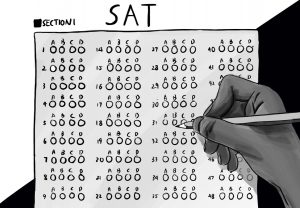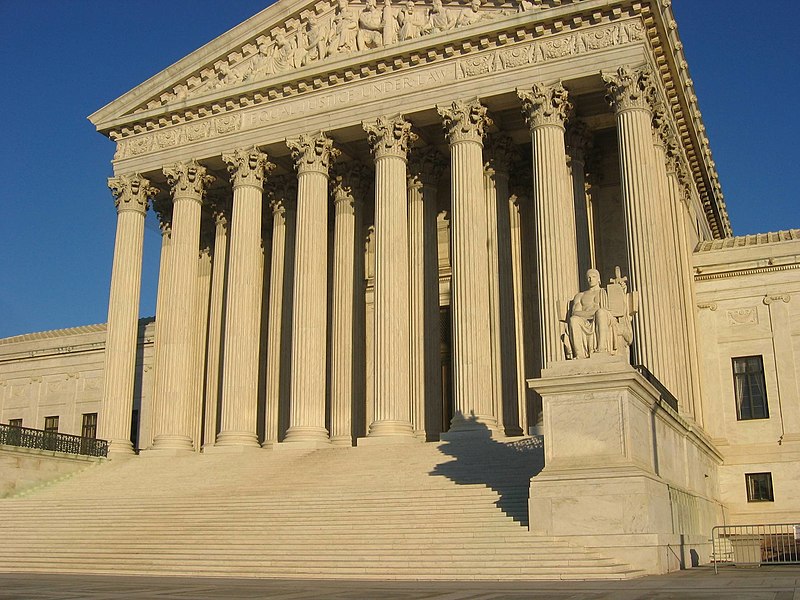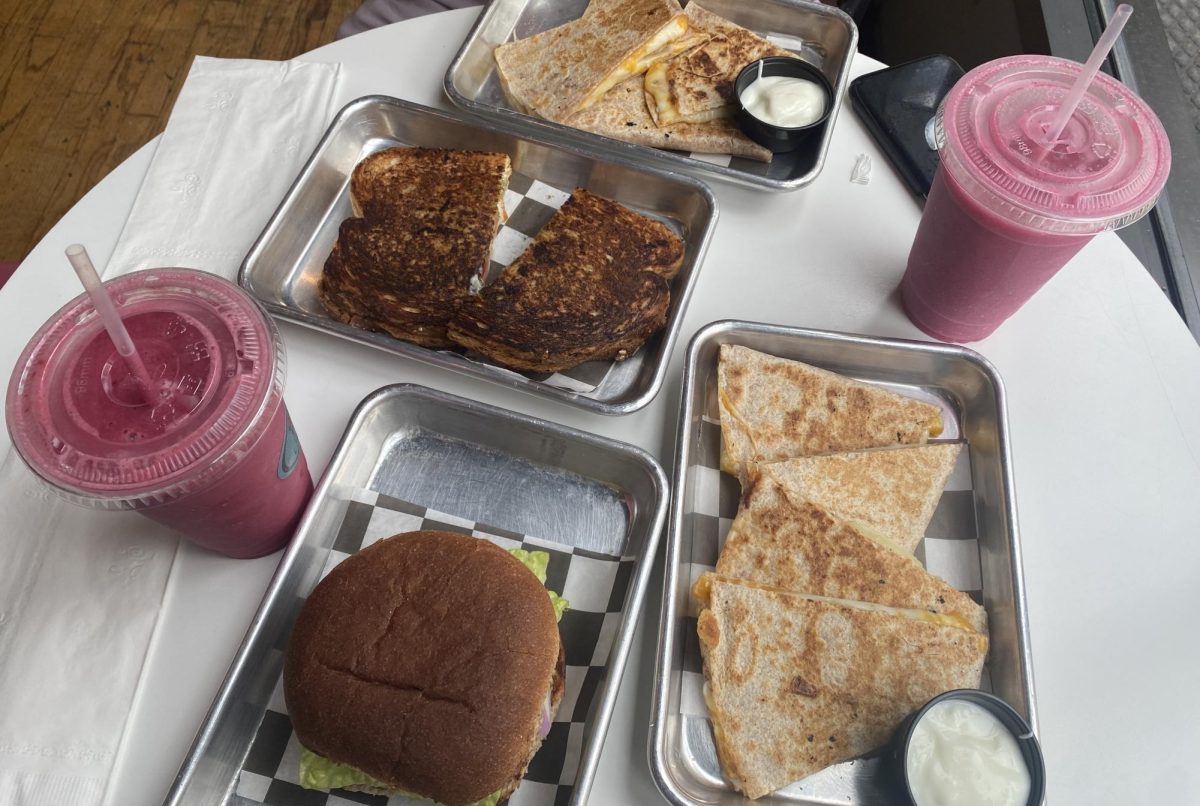As is becoming increasingly common these days, the Supreme Court has handed down a ruling which will negatively impact marginalized people across America. This time, it concerns the LGBTQ+ community, who have already experienced a recent reactionary wave of challenges to newly asserted rights from various state legislatures.
In the case of 303 Creative LLC v. Elenis, an evangelical Colorado web designer named Lorie Smith wanted to be able to refuse her design services to any gay couple seeking a wedding website. Smith says that Colorado state anti-discrimination law prevented her from posting a message on her company’s site saying it wouldn’t offer any design services to gay weddings, and so filed a lawsuit in the 10th circuit district court (covering parts of the West), which has since been appealed to the highest level.
The Supreme Court sided with Smith, saying that it is her First Amendment right, as a designer, to be able to refuse to make any sort of creative expression that goes against her own beliefs. In the 6-3 ruling, all six conservative justices ruled for Smith, while all three liberal justices ruled against her.
This dangerous ruling has implications that go far beyond web design. Smith’s line of reasoning in her argument is that as a design artist, she shouldn’t have to provide her service, and with that her creative expression, to something she doesn’t agree with (a gay wedding in this case). The court ruling says that Smith is protected by her freedom of speech to not be obligated to provide service to gay couples, when she is opposed to gay marriage.
The problem here is that LGBTQ equality is being politicized and marginalized once again, which presents a frightening implication to all of us in a variety of circumstances. Smith’s ability to refuse service to people based on their sexuality is not being framed by the court as a civil rights issue, but as just some standard political position which she has a right to hold true to. The court is essentially equating refusing service to a gay couple because of their sexuality to refusing service to, say, an anti-tax organization for their position against taxes, or any political group advocating for any cause. This ruling runs the risk of letting businesses once again refuse service to people based on their belonging to a particular identity that the owner is bigoted against.
In her dissent, Justice Sonia Sotomayor makes a clear comparison to civil rights battles of the past. She notes that Lorie Smith says she is open to serving LGBTQ clients, just not for weddings, and compares that to some segregated lunch counters in the Jim Crow South which would refuse service to Black people inside their establishments but let them pick up meals from a side counter. Sotomayor’s comparison shows us what sort of discriminatory model this ruling is allowing public businesses to take.
It is deeply concerning for all of us as Americans that, regardless of our identity, such a dismissive view of any particular group’s right to be recognized as equal (in this case in marriage) is being advanced by a majority of the highest court in the land. This way of thinking just has too many potential scenarios where it can be used to strip any of us of equal opportunities because the ruling views a lack of equality in a business’s service as a legitimate choice the owner can make.
While it’s perfectly reasonable and in line with the First Amendment for a designer to want to withhold their service to a standard political cause they don’t agree with, the issue is that the court is now viewing sexuality, something that is inherent to a person and absolutely not a choice, as some cause the owner can say they don’t want to be seen as advocating for. What other marginalized groups and inherent identifiers like sexuality are now at risk of being told their equal existence is something political that businesses can “disagree” with and refuse service to?























